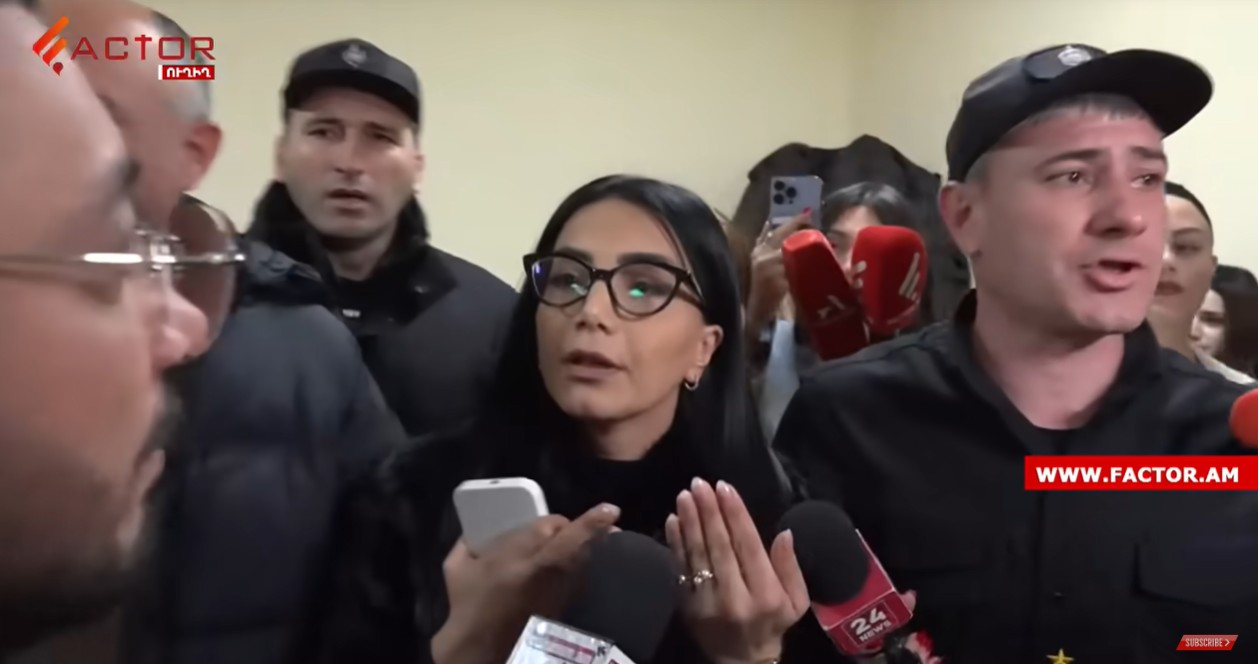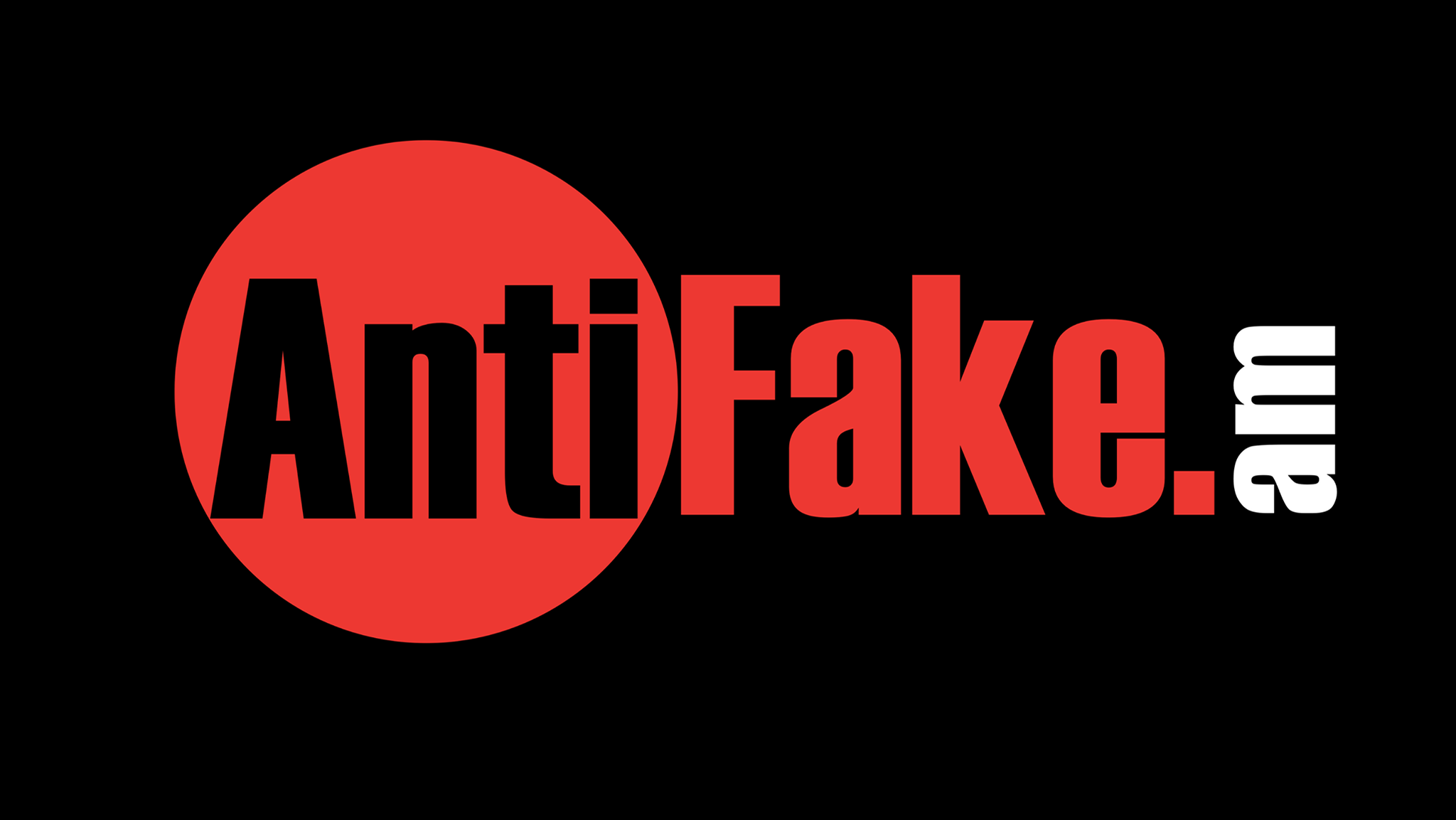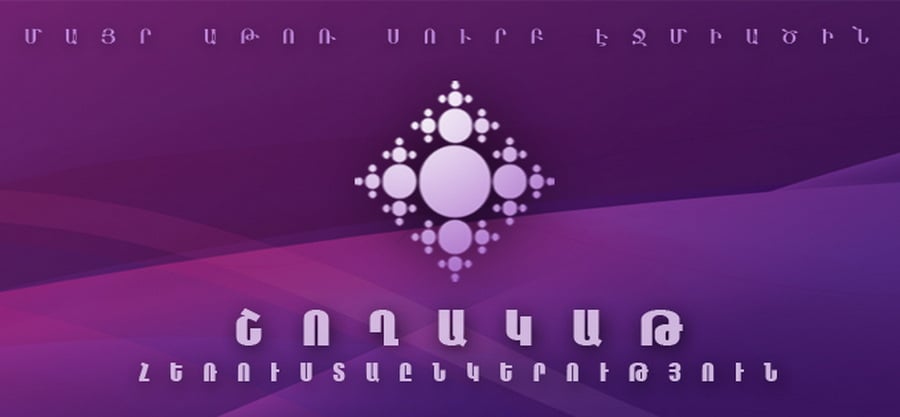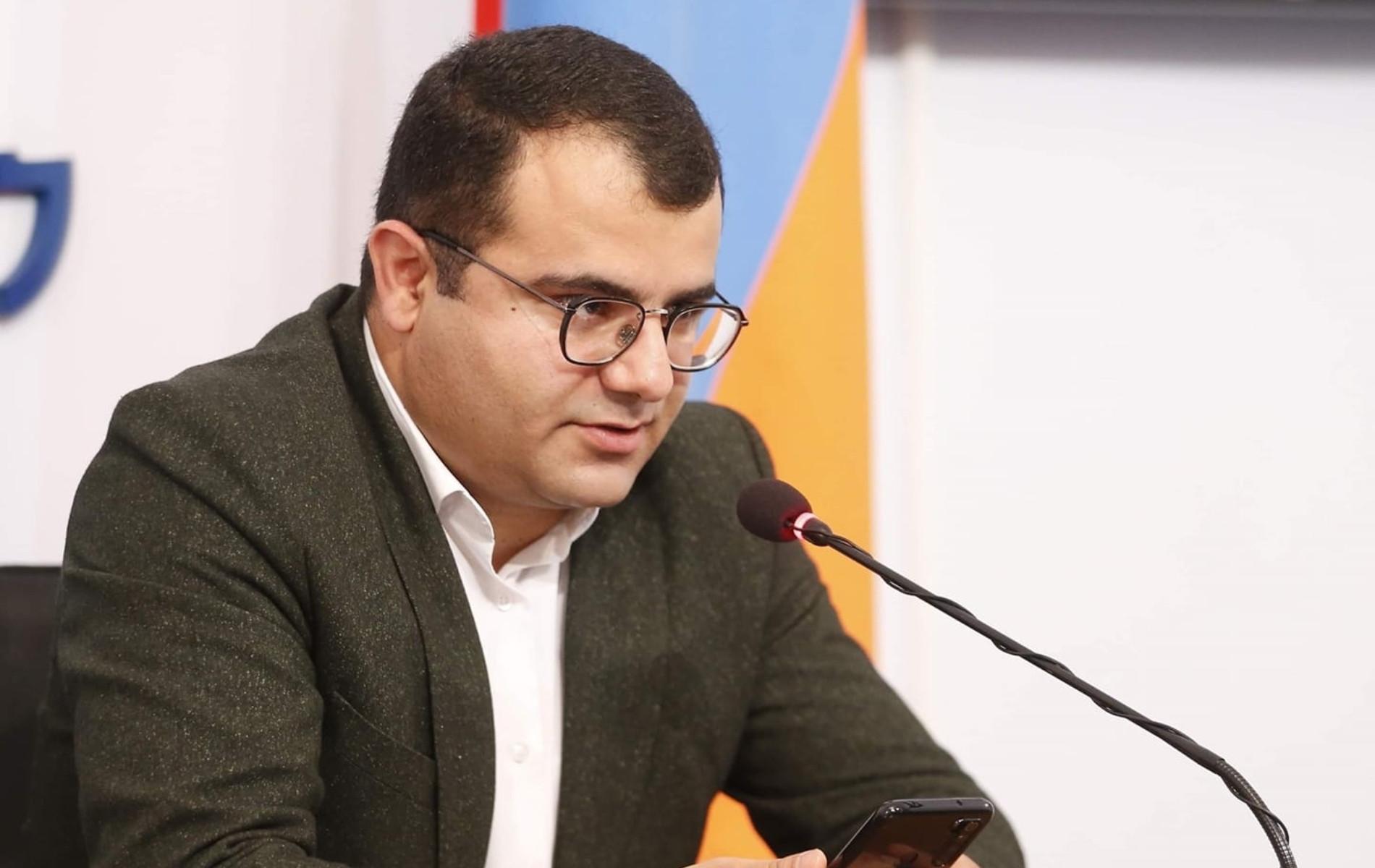 The journalist of the Ukrainian ICTV company Evgeniy Lesnoy and cameraman Evgeniy Tour attempted to enter Armenia from the Georgian border crossing point, but they were turned back. The TV company’s producer Oksana Dykhnich was the first to respond to this incident. She wrote on her Facebook page that their film crew had appointments and that it was accredited at the Foreign ministry according to the protocol, but they were officially denied entry on the border crossing. According to Dykhnich, the reason for this was that the journalist and the cameramen had worked “at the Anti-Terrorist Operation Zone” (in Donbas and Lugansk – L.H.), and Russia “blacklisted” them.
The journalist of the Ukrainian ICTV company Evgeniy Lesnoy and cameraman Evgeniy Tour attempted to enter Armenia from the Georgian border crossing point, but they were turned back. The TV company’s producer Oksana Dykhnich was the first to respond to this incident. She wrote on her Facebook page that their film crew had appointments and that it was accredited at the Foreign ministry according to the protocol, but they were officially denied entry on the border crossing. According to Dykhnich, the reason for this was that the journalist and the cameramen had worked “at the Anti-Terrorist Operation Zone” (in Donbas and Lugansk – L.H.), and Russia “blacklisted” them.
The journalist Evgeniy Lesnoy also noted on his Facebook page that the trip was agreed upon with the representatives of the RA Forieng Ministry, but they were told at the border crossing that he and the cameraman couldn’t cross the border, because their names are in the Russian Federation’s “forbidden lists.”
In response to this incident Armenian Foreign Ministry spokesperson Tigran Balayan stated that the Ukrainian TV company has not applied for accreditation. As to the refusal to grant the entry, Balayan said this fals beyond his authority to comment on.
Armenian journalists tried to clarify the matter also with Armenia National Security Service, but the NSS demanded a written inquiry. No Armenian media outlet sent the inquiry, considering that there will be no fast response and the issue will lose its newsworthiness.
As a result the public never found out the truth on whether the representatives of the Ukrainian TV had been accredited by the Armenian Foreign Ministry and why hadn’t they been granted an entry to our country. After all, a journalist might not be accredited, but should be able to get into the country unhindered, especially as there is no visa regime between the two states.
To clarify the details of the incident the Committee to Protect Freedom of Expression (CPFE) first contacted the ICTV journalist Evgeniy Lesnoy. He said that they intended to prepare reports in Armenia as well as in Artsakh (i.e. Nagorno-Karabakh). When arranging the trip they made arrangements with the Armenian ambassador in Ukraine as well as an Embassy employee Arman Abovyan. Evgeniy Lesnoy believed that these arrengements were officially coordinated with the Armenian Foreign Ministry. However, Arman Abovyan is an advisor on information policy to the Armenian ambassador in Ukraine and has nothing to do with journalists’ accreditation. On this regard the Armenian FM’s statement about the fact that ICTV has not applied for accreditation is trustworthy.
However, we found out that the filming crew of the Ukrainian TV company was accredited by the Artsakh Foreign Ministry. We were informed about this by the very same Arman Abovyan. Commenting on the incident he said that the TV company is to blame for it. “They probably thought that accreditation in Artsakh is enough and there’s no need for accreditation for Armenia as well. Artsakh FM contacted me and I told tham that this is a checked TV company,” Abovyan noted. In response to our question “What does a checked TV company” mean, the ambassador’s advisor explained that “this TV company has always reported the truth about Armeni and we need nothing more than that.”
As to the fact that the representatives of the “checked TV company” were denied entry to RA, Arman Abovyan said he has no information on why it happened, but if the border control didn’t let them, they must have had serious resons.
Meanwhile, Evgeniy Lesnoy kept insisting to us that they were denied entry because of being included in the RF “blacklist” and that this sanction has come into force in Armenia, because it is a member of the EEU. The journalist told that the border crossing officials first checked the cameraman’s documents and asked if he has been to Russia. And even though he hadn’t been to Russia, the officials said that he was deported from RF. According to Eugeniy Lesnoy, the real reason was the fact that the cameramen worked in Ukraine’s “Anti-Terrorist Operation Zone.”
To get an official explanation about why the representatives of the Ukrainian media were denied entry the CPFE submitted a written inquiery to the RA Naitonal Security Service. According to the official response it was done based on RA Law about Foreigners, Article 8, Part 1, Clause “z,” which stipulates that a foreign citizen may be denied entry if “there are serious and substantial reasons to think that they pose serious threats to the security and public order of the Republic of Armenia.”
We sent a second written inquiery to the NSS to find out what “serious and substantial threats” are they referring to and received the following response: “…the representatives of the Ukrainian ICTV were denied entry by the RA National Security Service based on information received as a result of operative-investigative activities carried out in accordance to the RA law… According to Article 1 of RA law on “Operative-investigative activity” findings of operative-investigative acitvity are considered a State secret and cannot be publicised.”
According to this response RA NSS has decided to block the entry of Ukrainian journalists to Armenia based on its own activities. But is it really so, or was this body obliged to coordinate its activities with Russian collegues? This question remains unanswered.
Commenting on the NSS justification for denying entry to the Ukrainian film crew, Yerevan Press Club president Boris Navasardian told CPFE that jourlanists should either have full access, or they should be provided with clear justification for why their enty to the country is blocked. “Journalists have to be in different places in short periods of time to carry out their professional duties. Time is precious for them. So regardless of what a given State thinks of given media representatives, it should show respect and be as open as possible as well as inform about rejection to enter the country and its reasons, so the journalists can plan their travel and work accordingly. This was not the case in this particular incident. From what I understand, the ICTV journalist and cameraman are to this date not properly infomed what was the reason for denying them entry to the country. This is not a proper treatment to journalistic work. If there is a clear obstacle for journalists’ entry, they should be informed about it. Since this hasn’t been done, the Armenian authorities should apologize for the incident,” Boris Navasardyan thinks. According to him, the incident will negatively affect our country’s rating not only because foreign journalists were blocked from entering the country, but also because journalists were not allowed to travel to Artsakh.
“This testifies to the fact that our policy is not consistent and does not contribute to the solution of national problems. To counter the fact that Azerbaijan is always trying to isolate Nagorno-Karabakh, our country should do all it can to encourage foreign journalists to visit and cover anything they’re interested in Artsakh,” Boris Navasardyan argued.
Lilit Hovhannisyan









